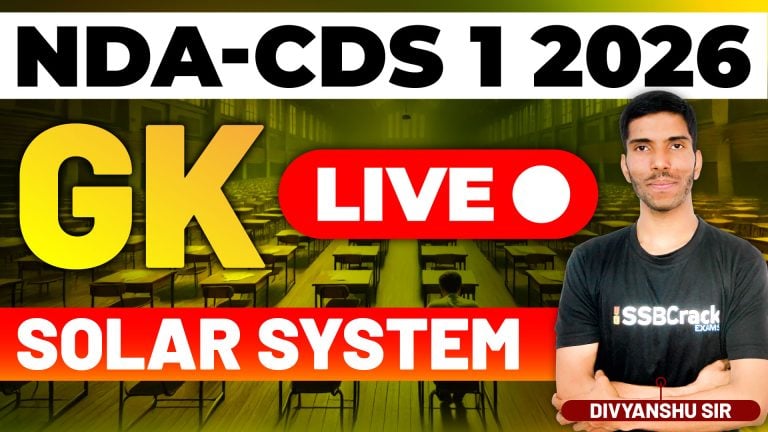Inflation is a crucial topic in economics, often discussed in competitive exams like NDA and CDS. As future defense officers, understanding economic concepts such as inflation is essential, as they directly impact a nation’s economy and defense budget. This article breaks down the concept of inflation, its causes, effects, and relevance to the armed forces.
What is Inflation?
Inflation refers to the sustained increase in the general price level of goods and services in an economy over a period of time. Simply put, it reduces the purchasing power of money, meaning you can buy less with the same amount of money as prices rise.
Types of Inflation
- Demand-Pull Inflation: This occurs when demand for goods and services exceeds their supply. For example, during festive seasons, the demand for certain products like gold increases, driving prices upward.
- Cost-Push Inflation: This arises due to an increase in production costs, such as higher wages or raw material prices, leading to higher prices for finished goods.
- Built-In Inflation: This is linked to expectations of future inflation. If workers expect prices to rise, they demand higher wages, which increases production costs and, subsequently, prices.
Measuring Inflation
Inflation is measured using price indices, such as:
- Consumer Price Index (CPI): Reflects changes in the retail prices of goods and services consumed by households.
- Wholesale Price Index (WPI): Tracks changes in the prices of goods at the wholesale level.
Causes of Inflation
- Monetary Factors: Excessive printing of money by a central bank can lead to inflation, as there is more money chasing the same amount of goods.
- Fiscal Policies: High government spending without corresponding revenue generation can create inflationary pressure.
- Global Factors: Rising oil prices or disruptions in global supply chains can contribute to inflation.
Effects of Inflation
- On Individuals: Inflation erodes the purchasing power of consumers, making daily expenses more burdensome.
- On Businesses: Increased production costs can lead to reduced profitability or higher prices for consumers.
- On the Economy: Moderate inflation is healthy, but excessive inflation (hyperinflation) destabilizes economies.
- On Defense Budgets: Rising inflation increases the cost of defense equipment, fuel, and salaries, impacting military preparedness.
Controlling Inflation
Governments and central banks use various tools to control inflation:
- Monetary Policy: Adjusting interest rates or using open market operations to regulate money supply.
- Fiscal Policy: Reducing government expenditure or increasing taxes to curb demand.
- Supply-Side Measures: Boosting production to meet rising demand.
Inflation and National Security
For defense personnel, inflation is not just an economic issue; it affects national security. Rising costs can limit the government’s ability to invest in modern weaponry, infrastructure, and welfare schemes for armed forces personnel. Understanding these economic dynamics helps officers appreciate the broader context of resource allocation and strategic planning.
How to Prepare for NDA/CDS Economics Topics?
- Understand Key Concepts: Focus on inflation, deflation, fiscal policies, and monetary policies.
- Stay Updated: Read newspapers and magazines like The Hindu, Economic Times, or Yojana for current affairs.
- Practice MCQs: Solve previous years’ papers and mock tests.
- Relate to Defense: Understand how economic policies impact defense and security.
Conclusion
Inflation is not just an economic term; it’s a phenomenon that impacts every aspect of a nation, from its economy to its defense capabilities. As aspirants preparing for NDA and CDS, a clear understanding of inflation will not only help you ace your exams but also equip you with insights necessary for future leadership roles in safeguarding the nation.
Stay focused, keep learning, and remember, knowledge is the best weapon!







